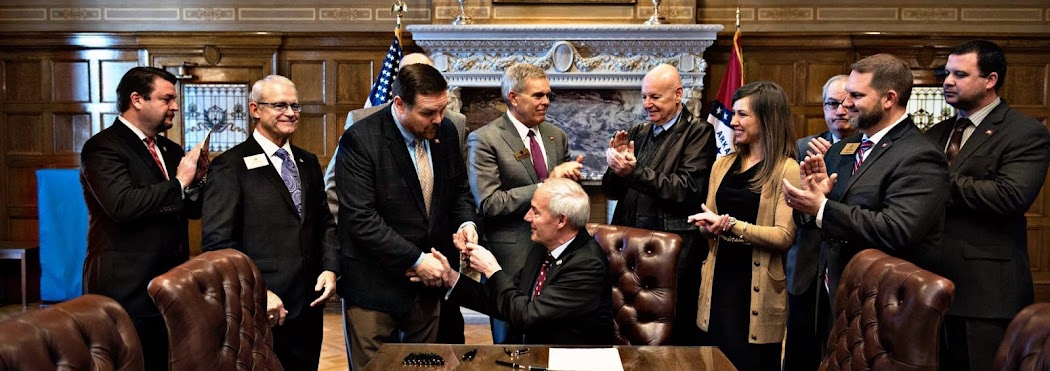As a child, I faced a formidable challenge that shaped my educational journey - dyslexia. While some students effortlessly grasp the skills necessary to learn to read, others, like myself, require explicit and unique instruction to grasp it, or they may never fully grasp it. For us, becoming skilled readers necessitates the type of instruction that historically is seldom implemented in the average elementary classroom. Unfortunately, like most students with dyslexia, I never received this instruction.
Dyslexia
is not always apparent until students fall behind in reading, as was the case
for me in second grade. The sad reality is that most students with dyslexia go
undiagnosed and struggle within the education system. My teachers and parents
used the tool most commonly employed when students fall behind - they held me
back a grade. I do not place blame on anyone; it was the norm rather than the
exception, especially 40 years ago when I was in second grade. Despite the
difficulties, I managed to find ways to cope and eventually achieved academic
success. But today, we have the opportunity to do better.
The number
of students grappling with dyslexia is significant. According to Sonya Yates,
Associate Policy Director for Early Literacy at ExcelinEd, dyslexia affects up
to one in five students and does not discriminate based on socioeconomic
status, zip code, ethnicity, or ability level.
I
witnessed this firsthand. As a junior high history teacher, I encountered
numerous challenges in the classroom. However, one particular difficulty stands
out: educating students who, like me, had undiagnosed dyslexia. These students
had struggled with reading and writing for years, but their condition had gone
without intervention during their early education.
As an
educator, I witnessed the frustration and self-doubt these students
experienced. They often felt overwhelmed by the demands of the curriculum and
struggled to keep up with their peers. Simple tasks like reading aloud or
writing assignments became sources of anxiety and embarrassment. These
students, who possessed immense potential and unique strengths, were dragged
down by an education system that failed to identify and address their specific
needs.
Thinking
back, I cannot help but wonder how different their educational journey could
have been had their dyslexia been identified earlier and had they received the
support that is crucial in mitigating the negative impacts of dyslexia. Support
necessary to empower students to develop effective reading and writing
strategies.
Now,
envision a world where children with dyslexia, like myself, had access to
additional resources and support through an Educational Savings Account (ESA)
program. ESAs could provide the necessary financial assistance for private
tutoring, dyslexia-specific interventions, or assistive technologies,
effectively leveling the playing field and empowering students to overcome the
challenges that I faced as a child. It would enable them to achieve even
greater academic success.
ESAs offer
parents the freedom to choose educational resources and services that align
with their child’s unique strengths, weaknesses, and learning preferences. By
expanding school choice and affording families the opportunity to explore
various intervention options, ESAs have the potential to bring about a
transformative impact on the educational outcomes of students with dyslexia.




